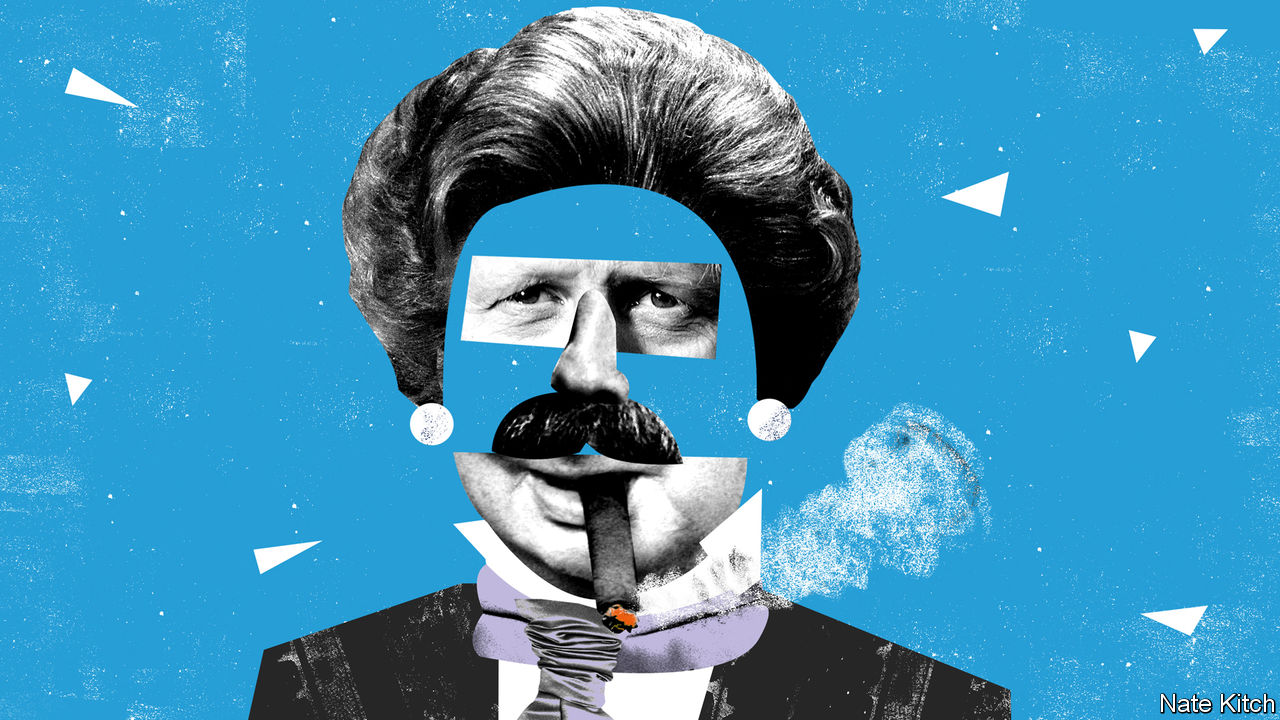Against the background of economic depression, British domestic politics during the twenty years’ truce continued to display a fairly clear class basis.
The Conservatives, still often called Tories, tended to get the support of aristocrats and of middle-class people, who generally wanted to attack new problems with traditional methods and with a minimum of government intervention. The Labour party tended to get the support of trade unionists and of intellectuals from all classes, who demanded that the government intervene more vigorously in the economy.
In the struggle between Labour and Conservative, the old Liberal party was an early casualty. The Conservatives, who had won the lion’s share of seats in 1918, decided in 1922 to withdraw their support from the coalition government headed by the immensely popular Liberal, David Lloyd George. In the ensuing elections the Conservatives won and the Liberals lost heavily.
Both Conservatives and Labour recognized the underlying difficulties of Britain’s position. Both were fully aware that twentieth-century Britain had to sell enough goods and services abroad that income from them would buy food for its people and raw materials for its factories. But the parties could not agree on how to achieve this necessary task.
The state of world trade drove the Conservatives to advocate protective tariffs against competing foreign goods and to weld the Empire and Commonwealth, with their vast variety of resources, into a largely self-sufficient trade entity by “imperial preference” agreements. Such agreements would give raw materials from the colonies and dominions preferred treatment in the British market in return for preferred treatment of British manufactures in the colonial and dominion markets.
In theory the scheme could have worked, for the Commonwealth and Empire of the 1920s had the requisite natural and labor resources and offered a potential market capable of supporting Britain in the style to which it was accustomed. In practice the great problem was the unwillingness of the individual parts of the Empire and Commonwealth to accept the subordinate role of producers of raw materials in exchange for British manufactured goods and services. The self-governing dominions, loyal though they had been during the war, were unwilling to assume a role essentially like that of colonies in the old mercantilistic days. They were looking toward independent nationhood, and they wanted their own industries.
The Labour solution was nationalization—that is, government purchase and operation of key industries with fair compensation to their private owners. The key industries were transportation, utilities, coal, steel, and perhaps even textiles, cutlery, pottery, and machine tools—all the industries that seemed to thrive best on large-scale organization.
But even nationalized industries would still face the fundamental problem of selling enough goods abroad to keep the economy going. Labourites argued, therefore, that nationalization would also enable British industries to produce more cheaply and efficiently by doing away with wasteful competition and inefficiency.

